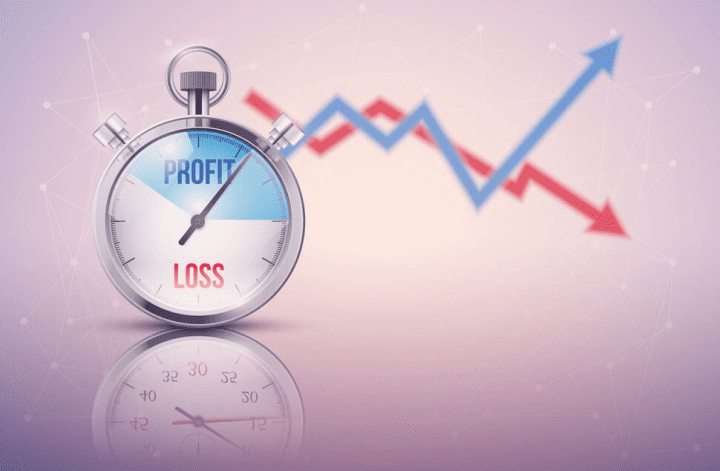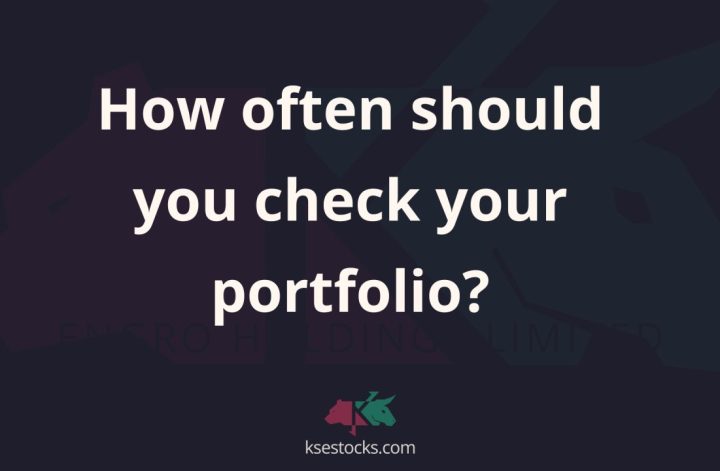Market timing refers to moving one’s investments in and out of the market by predicting which direction the stock price will move next.
There is a high cost to market timing. In most cases, people trying to time the market are unaware of these costs, since these aren’t always apparent.
Just because a cost does not appear on your brokerage statement doesn’t mean you aren’t incurring that cost!
Here are some reasons why I think market timing is a bad idea.
Your chance of missing out on the ‘best’ days of the year increases
Most of the returns in the stock market are concentrated in a few days of the year. If you constantly keep going in and out of the market, your risk of being out of the market on those days(and as a consequence the chance of missing those gains) increases.
Stay invested in the market. It may be live through the red days. But if you have confidence in your investments, the green days will more than make up for that. They always do, historically speaking. Here’s the 95-year chart for S&P 500.

In the long run, the only time you could have lost money in the S&P was when you tried to sell with the intention of buying lower again.
It is time-consuming
If you are trying to predict the highs and lows of the market, you’re likely spending a lot of time analyzing all the factors that influence the market. There is a cost to that: your time!
This is one aspect people ignore all the time. The long-term investor only spends time studying the financials of a company. After that, it’s just about keeping abreast of all the news and material information related to that company.
The market timer on the other hand is always busy analyzing the macroeconomic environment so he can enter or exit the market at the right time. Even if it was possible to stay ahead of all the economic indicators, it comes at a huge cost in the form of your time.
Hard to keep emotions out
If you’re monitoring the market daily, it is hard to control the desire to jump into the market.
There are a lot of psychological factors at play when one is making money with money. It is hard to control those if most of your time is spent in front of the screen.
Terry Smith Explained it best
Terry Smith, the founder of Fundmsith and a well-known fund manager, succinctly explained the importance of market timing using the returns of the S&P from 1994 to 2004.
The compound annual return of the S&P 500 index during this period stood at 12.07%.
If you had been out of the market on the best 10 days during that 10-year period, your return would have been almost halved at 6.89%!
But that’s not even the astonishing part.
If you had been out of the market for the best 30 days, you’d have made a loss at the end of the period!
Why would anyone want to increase their chances of missing out on the best days of the year by trying to time the market?
Are there people who can time the market?
There are a lot of people claiming they timed a stock with a particular strategy. Those are occasional great calls. Some make those more often than others. And some get massive gains out of those calls.
But there is no model that generates these signals consistently. If there was one, there would be a market timing fund, but we don’t see that do we?
In fact, we have seen funds lose massively because they came up with a market timing strategy that seemed to work until it didn’t.
Conclusion
It is hard to monitor all the factors that influence the stock market. Even if you can observe them, it is almost impossible to predict their combined effect on the market.
Buy a stock if you think the business sells for less than what it’s worth. If you are buying because you think someone down the road will pay you more than what you paid for it today, you’re asking for trouble.




